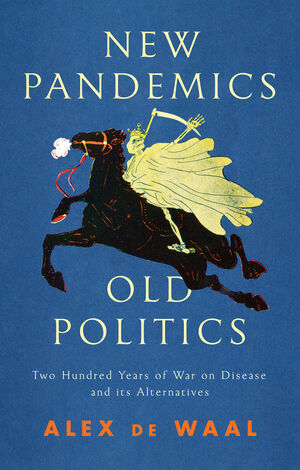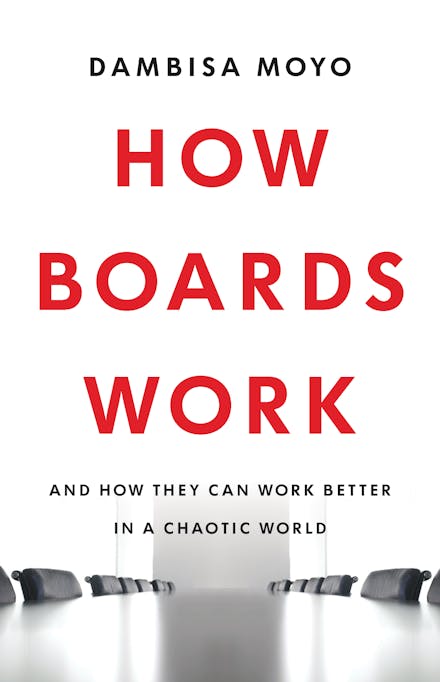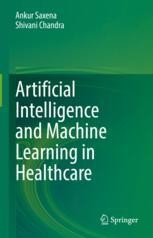NEW PANDEMICS, OLD POLITICS. Two Hundred Years of War on Disease and its Alternatives
Three selected paragraphs from the last chapter (the most interesting one):
Experts in infectious diseases had been worried about the radical uncertainties of a new pathogen. It turned out that the science had so improved in the years since SARS that the uncertainties were well within the scope of the anticipated. The radical uncertainty was in the politics – something that none of the experts had thought to anticipate. SARS-CoV-2 is a politically sophisticated pathogen, whose impact lies more in what it does to the body politic than what it does to the human body. The politics of response to Covid-19 was a disorienting combination. The political right invited popular debate on public health expertise, in pursuit of its new-found agenda of disrupting institutions. In the name of free-thinking, agitators veered into pseudo-science and conspiracy theories. Liberals and the left valorized scientists and rushed to embrace a standardized set of suppression measures. Lockdowns were over-engineered and had momentous social and economic consequences; some critics detected authoritarian longings.
Could Covid-19 become what Ulrich Beck called an ‘emancipatory catastrophe’?35 If so, what would be a new, emancipatory narrative for what we do about pandemic diseases, actual and threatened? I suggest that we begin with a return to a word introduced in chapter 1, and left waiting in the wings: ‘pandemy’. As our leading scientists insist, pandemic disease is too important to be left to the biomedical establishment. It’s a crisis in our way of life. In using the word ‘pandemy’, we can reclaim the concept of a holistic disruption, reaching backwards into the ecological, social, and health pathologies that have created virulent pathogens with pandemic potential, broadening to include other illnesses prevalent at the same time, and reaching forward into wider societal and political repercussions. In short, we can integrate the ‘One Health’ approach to where these diseases come from with the ‘people’s science’ practice of responding to them.
Emancipatory public health begins with a conversation on this whole-of-society, whole-planet, ‘One Health’, democratic, and participatory agenda. The starting point is not the content of the policies but the process for getting to them. Those who are most vulnerable and most excluded will have some of the most important things to say. This means dismantling the ‘war on disease’ mindset and its politics, assembled over the last two centuries. If we do this, Covid-19 may yet be the emancipatory catastrophe we need.










